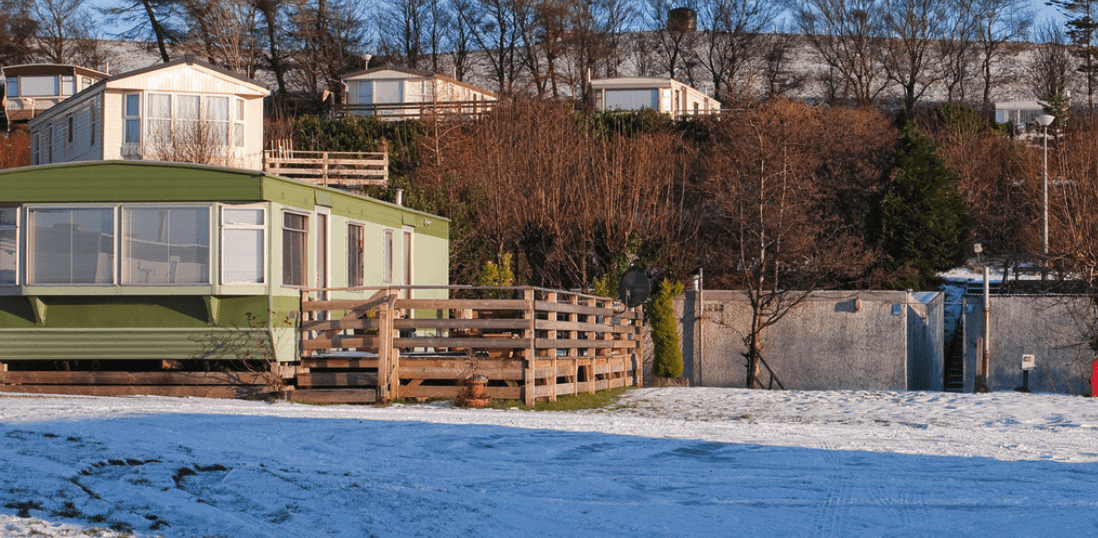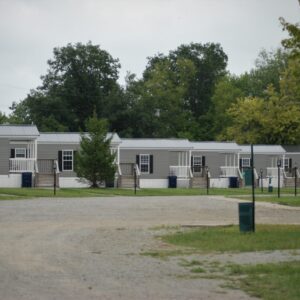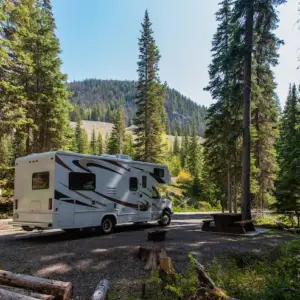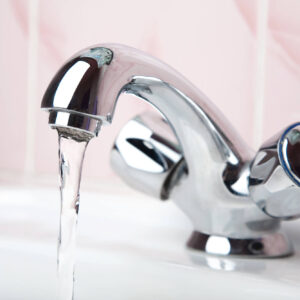What Anti Freeze Should I Use In A Static Caravan? What is the best antifreeze for static caravan? When you’re going on a camping trip with your caravan, you’ll want to know that everything is in working order.
As a result, it’s always a good way to ensure your caravan’s antifreeze is fully charged and ready to go. Then you can curl up in your caravan with a cup of tea and turn on the heat.
It is feasible to use antifreeze in a static caravan’s central heating system, but the heaters should be operational or perfectly purged before doing so, especially if the central heating has been turned off for several weeks or months. In some situations, it is recommended that a glycol-based antifreeze be used for static caravan central heating and for the winterising of wastewater, with a mixture of 20 to 30 per cent glycol to ensure that the heating circuit is preserved.
The winter cold can be brutal in some areas, posing harmful repercussions that go unreported, such as the chance that the water in the heating pipes may freeze in the portions of pipes that are exposed to air. The static caravan’s complete heating system will be shut down if this happens. Antifreeze liquid should be used to heat static caravans that are left unoccupied for long periods.
Antifreeze accomplishes exactly what its name implies: it keeps the system from freezing over in temperatures as low as -37°C. Antifreeze functions as a corrosion inhibitor because heated surfaces in the mobile heating system can corrode over time. It also acts as a biocide, preventing bacteria from forming in your heating system. It also preserves your system by preventing it from overheating because it is a coolant.
There are antifreeze fluids specifically designed heating systems of the static caravan on the market, but most experts agree that RV antifreeze is indeed worth considering. Because the liquid is hazardous if swallowed, make sure the heating pipes are detached from the rest of the plumbing system to avoid contaminating regular tap water!
Best Antifreeze For Static Caravan – Why Should You Keep Water Pipes From Freezing?
Water pipes must be protected from freezing since ice pipes can trigger a sudden emergency in chilly winter climates. The frozen water expands and breaks the pipes, allowing water to escape through the cracks when they thaw.
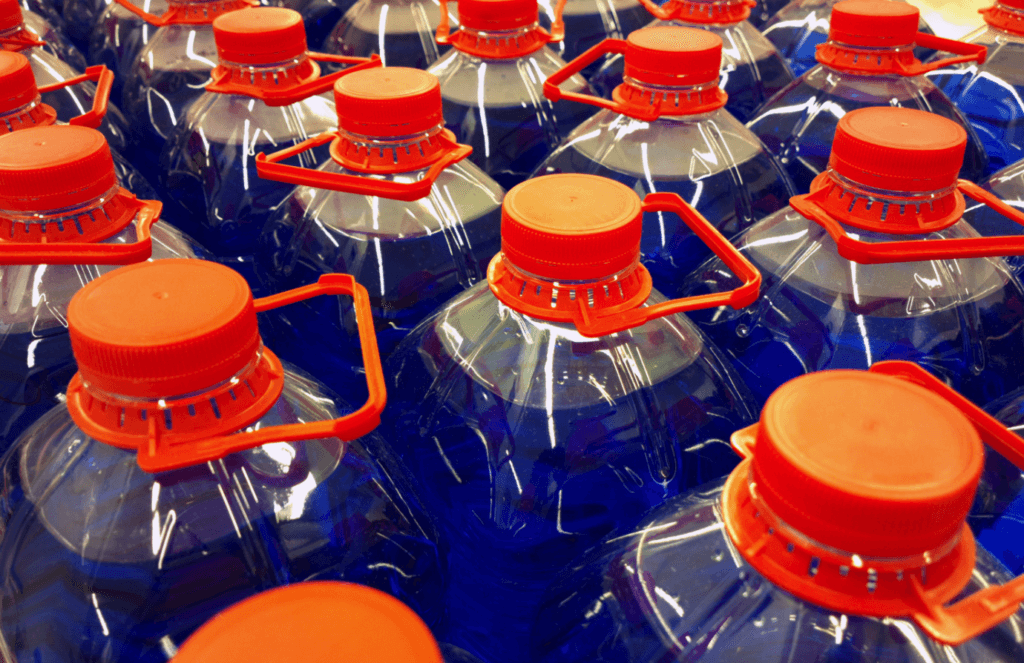
Is It Okay To Use Antifreeze From A Car In My Static Caravan?
Glycol, which is found in antifreeze, is a highly hazardous substance even in small concentrations. This must never be used in any part of a caravan, including the drainage system.
Why Are There Different Colour Types Of Antifreeze?
You could be unsure about which antifreeze to use. Contrary to popular belief, colours are not a foolproof technique of distinguishing between different varieties of caravan antifreeze. There is a brief guide that goes like this:
Blue: Silicate-based and commonly used in market heating systems in the United Kingdom.
Orange: OAT (Organic Acid Technology) is mostly utilised in Europe, particularly caravans and motorhomes.
Pink: Glycerine and Ethylene Glycol-based products like Pink G12++ and G13 antifreeze are pink in colour.
Green: This colour is seen in older heating systems and must no longer be used.
When it comes to the colour of antifreeze, there are no industry guidelines, so always read the label before buying whether determining when to replace your present antifreeze fluid, although colour can be helpful.
How Do You Protect The Water In Your Caravan From Freezing?
Close the drain down valve and turn off the water supply. Turn on the faucets and let any remaining water go through until the pipes are clear. Leave all taps open to allow frozen water to expand without causing damage.
Is It Safe To Leave The Heating On In My Static Caravan?
If you intend to leave your static caravan vacant for an extended amount of time during the winter and you won’t be able to keep the heating on, you’ll need to drain the whole water system. This is a precautionary measure to avoid freezing or any potential damage.
Ethylene Or Propylene: Which Is Better?
Antifreeze, the difference between Ethylene Glycol and Propylene Glycol boils down to toxicity and performance efficiency. Ethylene glycol has considerably higher heat transmission capabilities, but propylene glycol is extremely safe.
What Is The Purpose Of Ethylene Glycol Antifreeze?
Ethylene glycol is a chemical that can be found in various commercial and industrial uses, such as antifreeze and coolant. In the winter, ethylene glycol prevents your car’s engine from freezing, while in the summer, it functions as a coolant to prevent overheating.
What Is The Best Inhibitor For Central Heating?
Sentinel X100, MagnaClean MC1, and Fernox F1 are just a few of the prominent brands that provide high-quality inhibitors. Fernox F1 is the most popular, but Sentinel is also very popular.
What Is The Proper Amount Of Central Heating Inhibitor To Use?
A 1-litre bottle inhibitor will cure up to 8-10 radiators as a general rule of thumb, but you must always read the manufacturer’s recommendations and instructions. You may need two bottles if you have over eight radiators.
Is It Possible To Substitute Ethylene Glycol For Propylene Glycol?
Because of their more desired physical qualities, especially at lower temperatures, ethylene glycol solutions are usually favoured over propylene glycol solutions. However, propylene glycol is advised in specific situations where the coolant may contact meals or beverages.
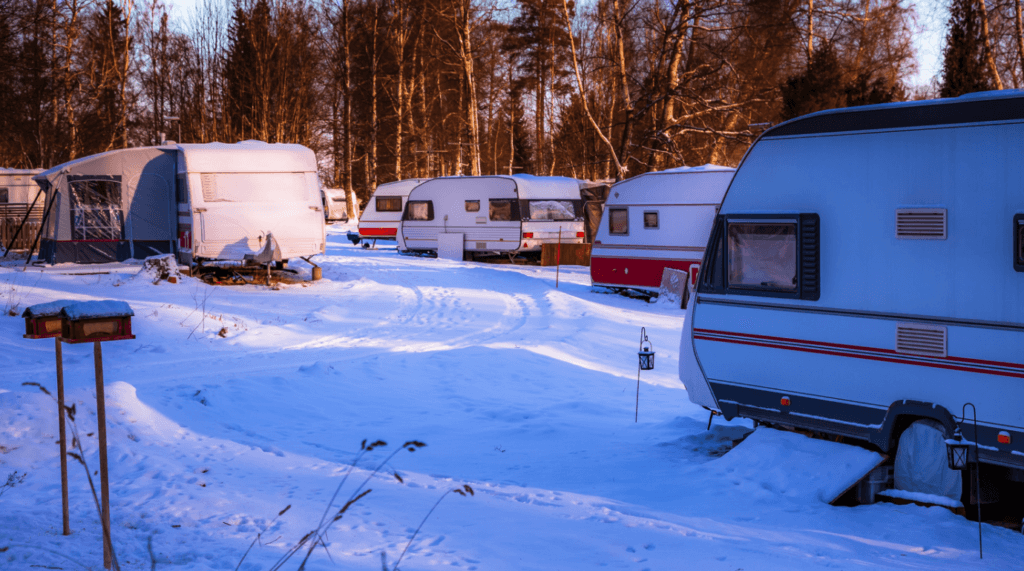
How Much Antifreeze Do You Use In A Caravan Central Heating System?
Depending on the caravan heating system, each caravan will require a different quantity; however, the usual amount required to replenish the fluid is between 12-15L.
How Often Should Your Central Heating System Be Flushed?
This is dependent on the sort of radiator you have, the age and type of boiler you have, and the hardness of your water. The short and simple answer is that your radiators should be flushed every 5-6 years.
Summary
Antifreeze, commonly known as glycol, is an important component that protects heating systems in cold areas. Glycol reduces the freezing temperature of the resulting combination when mixed with water, ensuring that it remains liquid even in the harshest winter conditions.
